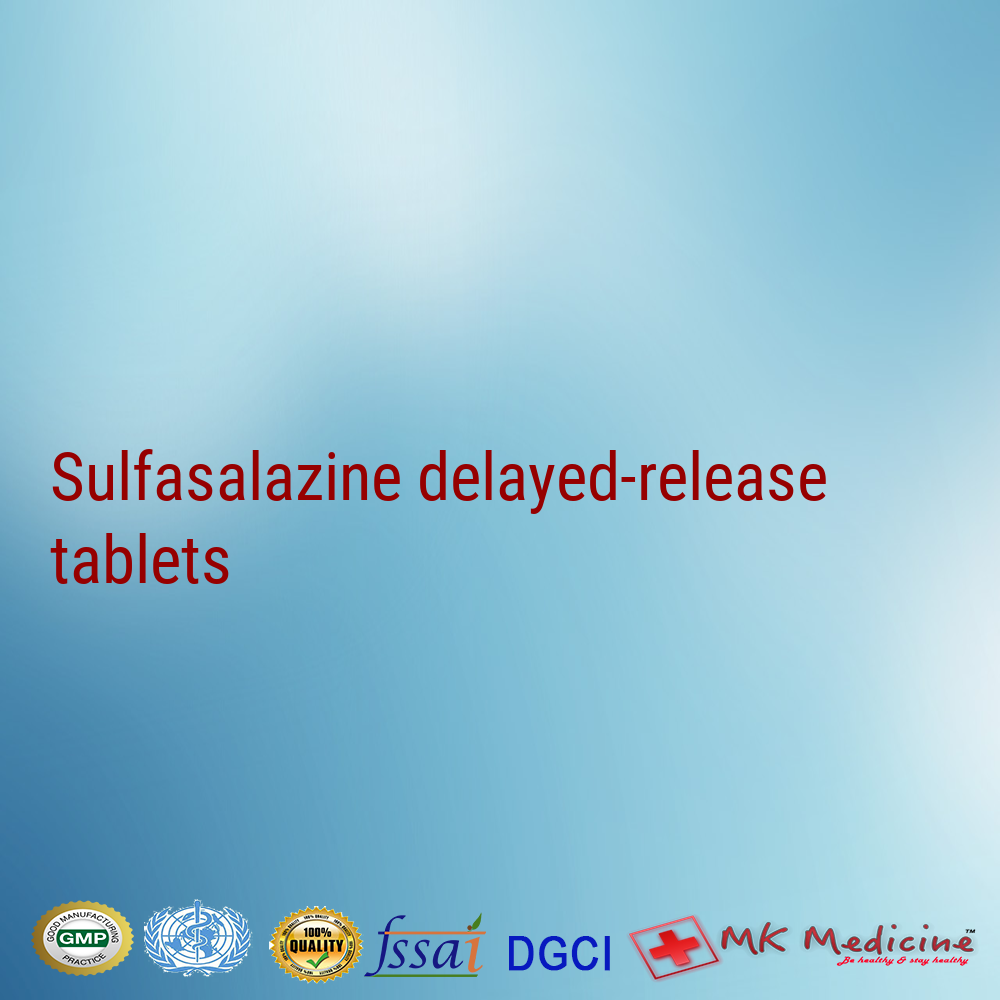Sulfasalazine delayed-release tablets are a medication commonly used to treat various inflammatory conditions, particularly inflammatory bowel diseases like ulcerative colitis and Crohn‚s disease. The delayed-release formulation is designed to release the active ingredient slowly over time, which can help reduce potential side effects.
The typical dosage for sulfasalazine delayed-release tablets is individualized based on a patient‚s specific condition and needs, and it can vary from person to person. However, a common dosage for maintenance therapy in adults with ulcerative colitis or Crohn‚s disease is often around 2000 to 3000 mg per day, usually divided into multiple doses.
The actual dosage and frequency of administration should be determined by your healthcare provider, as they will consider your medical history, the severity of your condition, and other factors when prescribing this medication. It‚s essential to follow your doctor‚s instructions carefully and to take the medication as prescribed to maximize its effectiveness and minimize the risk of side effects.
As with any medication, sulfasalazine delayed-release tablets can have potential side effects, and it‚s crucial to discuss these with your healthcare provider before starting treatment. Common side effects may include gastrointestinal symptoms like nausea, vomiting, and diarrhea. More severe side effects are possible but less common and may include allergic reactions, blood disorders, or liver problems.
If you have any questions or concerns about your medication, always consult with your healthcare provider or pharmacist for guidance and clarification. They can provide you with the most up-to-date and personalized information regarding your treatment.
Important Notice:- The Database is still under development and may contain inaccuracies. It is not intended as a substitute for the expertise and judgement of your physician, pharmacist or other healthcare professional. It should not be construed to indicate that the use of any medication in any country is safe, appropriate or effective for you. Consult with your healthcare professional before taking any medication.


Aceclofenac 200 mg Sustained Release Tablet